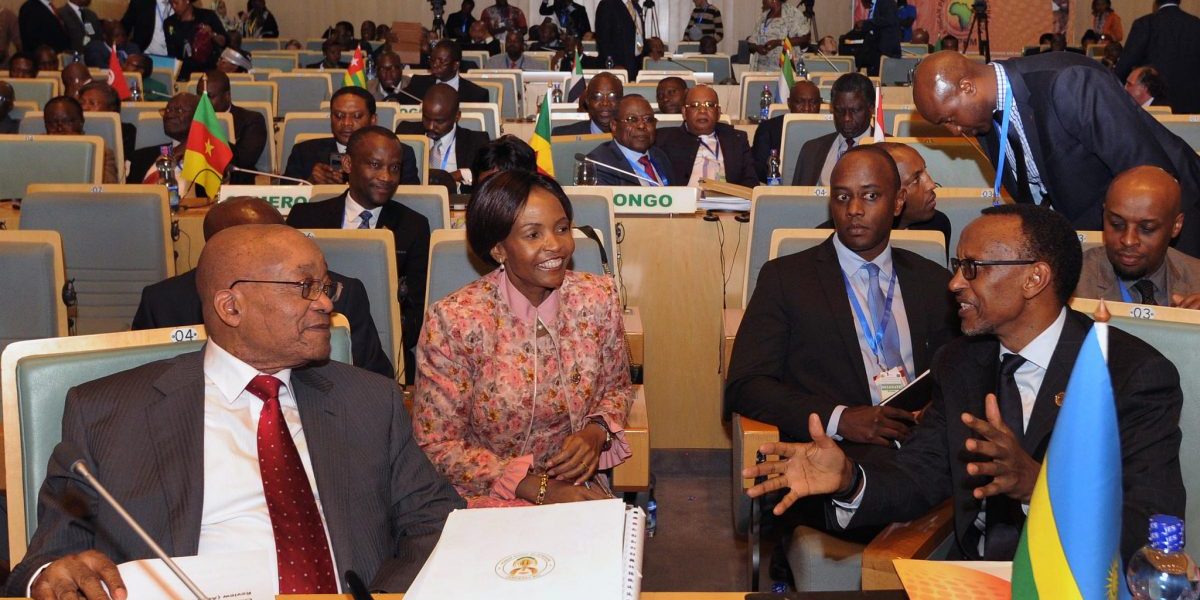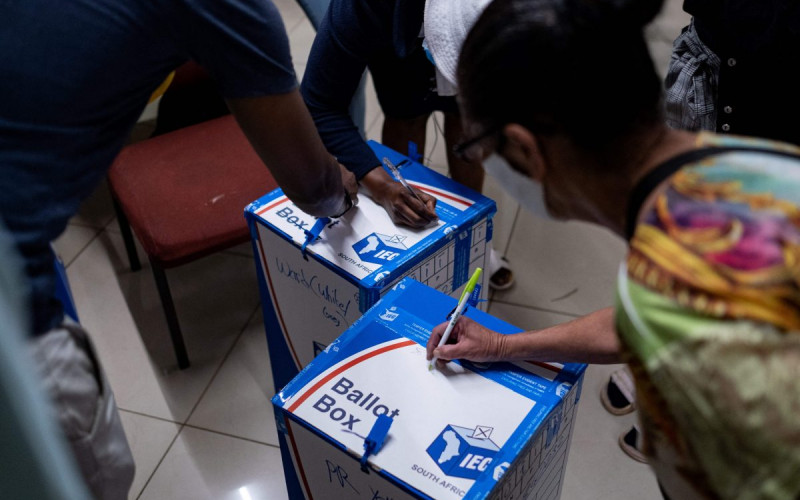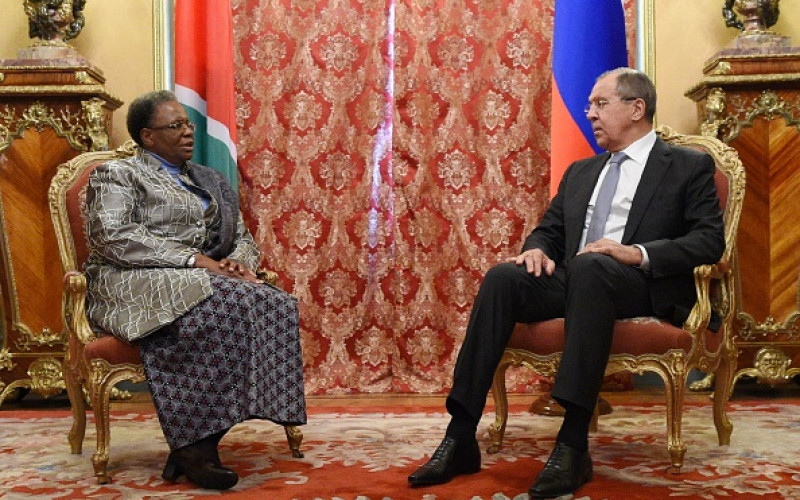And none is more significant than the African Peer Review Mechanism (APRM). Seven years ago, the APRM was merely an idea. A single sentence in the 2001 document outlining the New Partnership for Africa’s Development (Nepad), spoke of “setting up mechanisms for reviewing progress in the achievement of mutually agreed targets and compliance with mutually agreed standards.” Today, 29 African countries, representing more than 75% of the continent’s population, have voluntarily acceded to this innovative governance self-monitoring system and reform initiative. Togo was the latest to sign up in June 2008. The pace of reviews has improved remarkably in the past year. From a slow start, three Country Review Reports were ready for discussion by participating Heads of State at the last APR Forum meeting in Sharm-el-Sheikh, Egypt in June. The packed agenda meant that that only Uganda’s discussion was completed, with the Burkina Faso and Nigeria reports deferred to an extraordinary Forum session later in 2008. This will bring to nine the number of African states ‘peer reviewed’ – having subjected virtually all facets of governance in their countries to scrutiny by their own citizens, African experts and ultimately fellow heads of state, and come up with plans to plug the governance gaps. This complex system is unprecedented globally. So where has value been added? And how can the process be bolstered further?
Power to the people. The APRM requires participating countries to involve their citizens in assessing the strengths and weaknesses of their political, economic and corporate systems and socio-economic development policies, and proposing remedies. Guidelines published in 2003 state that “the APRM process is designed to be open and participatory … the APRM will engage key stakeholders to facilitate exchange of information and national dialogue on good governance and socio-economic development programmes, thereby increase[ing] the transparency of the decision-making processes, and build[ing] trust in the pursuit of national development goals.” Though thick with development-speak, this opens up political space for both the governed and their governors. Peer review seeks to make frankness, robust debate, differences of opinion and criticism less threatening and more acceptable in Africa. The more citizens demand better governance, the more it will be supplied. In this sense, the journey is as important as the destination. If carried out fairly, Africa’s people will feel they have a stake in this process.
Identifying the issues. The diagnostic strength of the peer review reports has been demonstrated. They flagged both the election-related ethnic violence in Kenya after December 2007 and the xenophobic tensions that erupted in South Africa in May 2008. Their recommendations – not being mandatory or enforceable – went unheeded. Analysis of the six publicly available reports (Ghana, Rwanda, Kenya, Algeria, South Africa and Benin) reveals many common challenges, including managing diversity, curbing corruption and strengthening accountability institutions. While the reports seldom reveal new information, they can highlight key areas for intervention, and can potentially sort out the spaghetti bowl of overlapping national reform efforts, setting realistic deadlines, budgets and oversight.
Sparking reform, and celebrating it. Early APRM countries (or ‘pioneers’) are now several years into the implementation of their APRM Programmes of Action (POAs). All can point to concrete governance gains. Ghana has branded the reduction in the size of the cabinet, the passage of a long-stalled bill to protect whistleblowers and promote access to information as direct consequences of APRM recommendations. Rwanda is in the midst of fundamental reforms to its business environment. Kenya points out laws passed, for example on witness protection and public procurement, new funds to foster youth and women’s development and a draft national land policy created through consultation. In South Africa, issues flagged in the APRM, such as unregulated private funding to political parties and floor-crossing in parliament, have been slated for reform. Granted, many of the problems identified are complex and it will take more time to discern real change. So showing where and how the mechanism makes a difference is vital. Countries and continental structures should do a better job to document, publicise and celebrate APRM successes – large and small – to maintain momentum, sustain interest, and garner support.
Tackling technical issues. As the number of countries acceding and progressing grows, the administrative system will come under increasing strain. At the present pace, it would take another decade to complete the 20 awaiting-review states, not counting any new entrants, or pioneer countries up for their second reviews. Holding the Forum the day before African Union Summits must also be rethought. Some presidents arrive late, the meeting takes place simultaneously with the Nepad Heads of State and Government Implementation Committee, and other urgent business frequently intervenes – such as the Zimbabwe crisis in Sharm-el-Sheikh. And there is no time to discuss the implementation reports of the early countries. This lack of monitoring of progress is serious.
Revitalising Management. Reconstituting the Panel, as the inaugural one’s mandate is long overdue according to APRM rules – must be speedily resolved to ensure sustainability and continued progress. Strong leadership, with integrity and transparency, will be crucial to maintain trust and faith in a process with tremendous potential.






